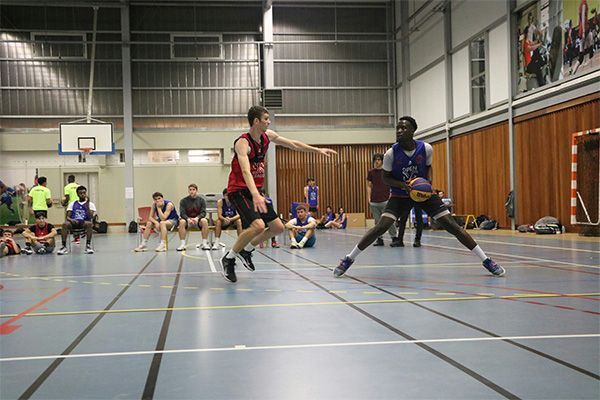For many, childhood is the most wondrous and exciting time in a person’s life. But even when a child is growing in a loving and stable family environment, they can feel fear and anxiety.
Think back on your childhood. Everything new was something to be not-so-sure of. It was easy to feel a bit anxious on the first day of school or meeting someone for the first time. A child often feels anxious at bedtime, having to go to the doctor or dentist, or on their first day of summer camp.
When children experience anxiety, they may run away, become very quiet, scream, shake, act silly, cling or have a tantrum to avoid the stressful situation. You may have tried to talk with your child and reason with them in these moments. But this generally doesn’t work.
Brain research suggests that it is extremely difficult for young children to think logically or control their behavior in these anxious moments. They are experiencing real fear and the fight/flight/freeze mode that accompanies it.
Here are 3 science-based ways parents can help their children manage their anxiety so they may regain a sense of safety.
1. Stimulate Their Vagus Nerve
The vagus nerve is located on both sides of the voice box. Studies have shown that stimulating it can interrupt the fight/flight/freeze mode and send a signal to your child’s brain that he or she is not under attack.
Some easy ways to help your child stimulate this nerve are:
- Have them chew gum
- Hum or sing
- Gargle with regular warm water
- Eat a piece of dark chocolate (this is also a parasympathetic regulator)
2. Help Them Slow Their Breathing
Like adults, when children are anxious they tend to take rapid shallow breaths from the chest. Taking slower, deeper breaths from the abdomen sends a signal to their brain that they are safe and can relax.
Older children may be able to follow you as you show them slow breathing exercises. For younger children, there are some playful ways to get them to slow down and control their breathing. You can have them blow bubbles, blow into a pinwheel, imagine your fingers are birthday candles and have them slowly blow them out, teach them to whistle and simply see if they can hold their breath for three seconds as if they were swimming.
3. Be Silly
Research also suggests that humor can significantly reduce anxiety. Humor has a way of distracting, relaxing muscles and releasing endorphins that combat stress and anxiety.
Try silly knock-knock jokes or word games like “I went on a picnic.” A quick internet search will result in a ton of corny jokes that your youngster will most likely love, so print some out and have them on hand.
Anxiety is a part of life, but if you use these three techniques, you can help your child manage theirs. If you think your child could benefit from speaking to someone, please feel free to be in touch. I’d be more than happy to discuss treatment options.
The post How to Help Your Child Manage Their Anxiety appeared first on Focus Therapy.










